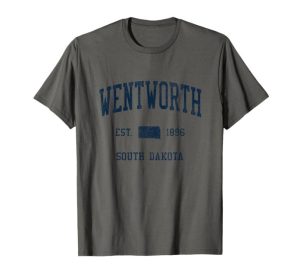
In today’s consumer-driven world, merchandise featuring role models has transcended mere fashion statements to become powerful tools that influence society in profound ways. Beyond the allure of trendy apparel or collectible items, such merchandise carries symbolic weight, shaping cultural narratives and personal identities. When people wear or use products emblazoned with images or slogans associated with admired figures-whether they be athletes, musicians, activists, or historical icons-they are not just making a style choice; they are participating in a broader social dialogue.
Role model merchandise serves as a tangible connection between individuals and the values these figures represent. For example, sporting jerseys bearing the names of celebrated athletes do more than show team loyalty-they inspire dedication, perseverance, and excellence. Similarly, T-shirts featuring influential activists can spark conversations about justice and equality while reinforcing commitments to social causes. This phenomenon highlights how merchandising becomes an extension of advocacy and identity formation rather than simply commercial goods.
Moreover, such merchandise plays a critical role in shaping youth culture by providing accessible symbols for aspiration and empowerment. Young people often look up to public figures who embody qualities they wish to emulate-courage, creativity, resilience-and wearing related merchandise allows them to express alignment with those ideals publicly. This expression can foster community among like-minded peers who share admiration for similar role models. It also encourages positive behavior by elevating examples worth following over superficial trends.
On a societal level, Role Model shop merchandise contributes to collective memory and cultural preservation. Items commemorating historic leaders or movements help keep important stories alive across generations. They serve as educational tools that provoke curiosity about the achievements behind the images displayed on clothing or accessories. In this way, merchandise functions as both homage and history lesson rolled into one accessible format.
However, it is essential to recognize potential pitfalls when commodifying role models through mass-produced goods. The risk exists that commercialization might dilute original messages or reduce complex legacies into simplistic branding exercises disconnected from deeper meanings. Consumers must remain mindful of supporting authentic representations that honor true contributions rather than exploit fame superficially.
In conclusion, beyond their surface appeal as fashionable commodities, role model-themed products wield significant social influence by embodying values worth emulating and preserving cultural heritage. They empower individuals-especially younger generations-to articulate identity through affiliation with admired figures while fostering shared understanding within communities at large. As society continues evolving amid shifting paradigms of representation and activism, these artifacts will likely maintain their relevance as catalysts for inspiration and change far beyond fleeting trends in style alone.






